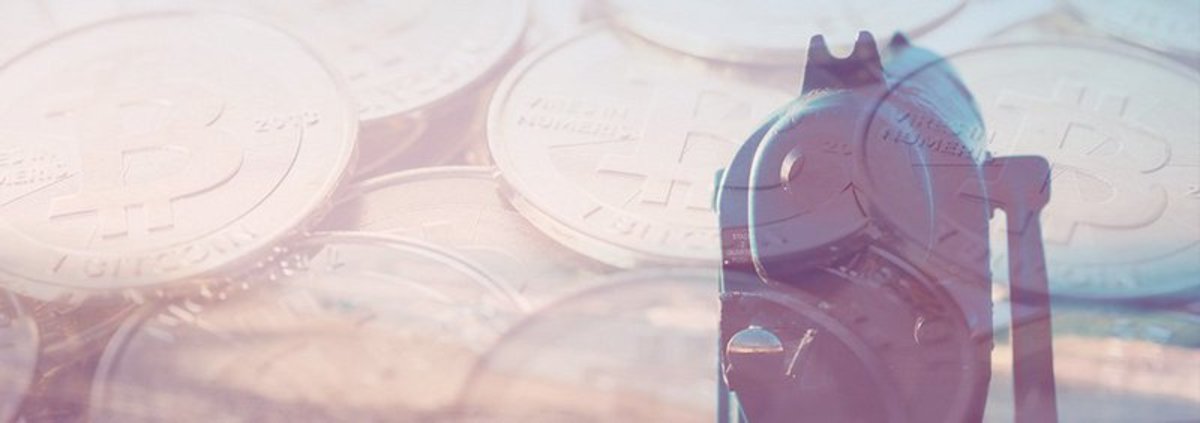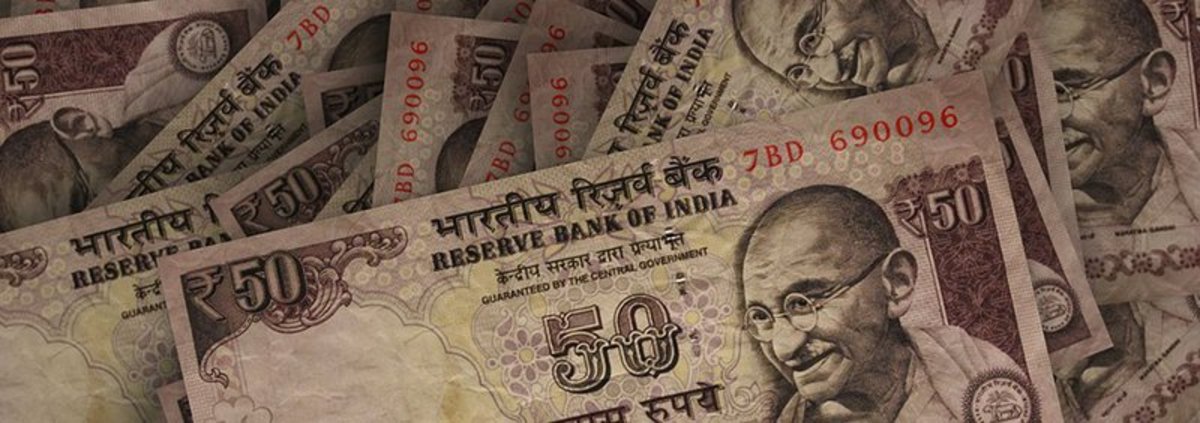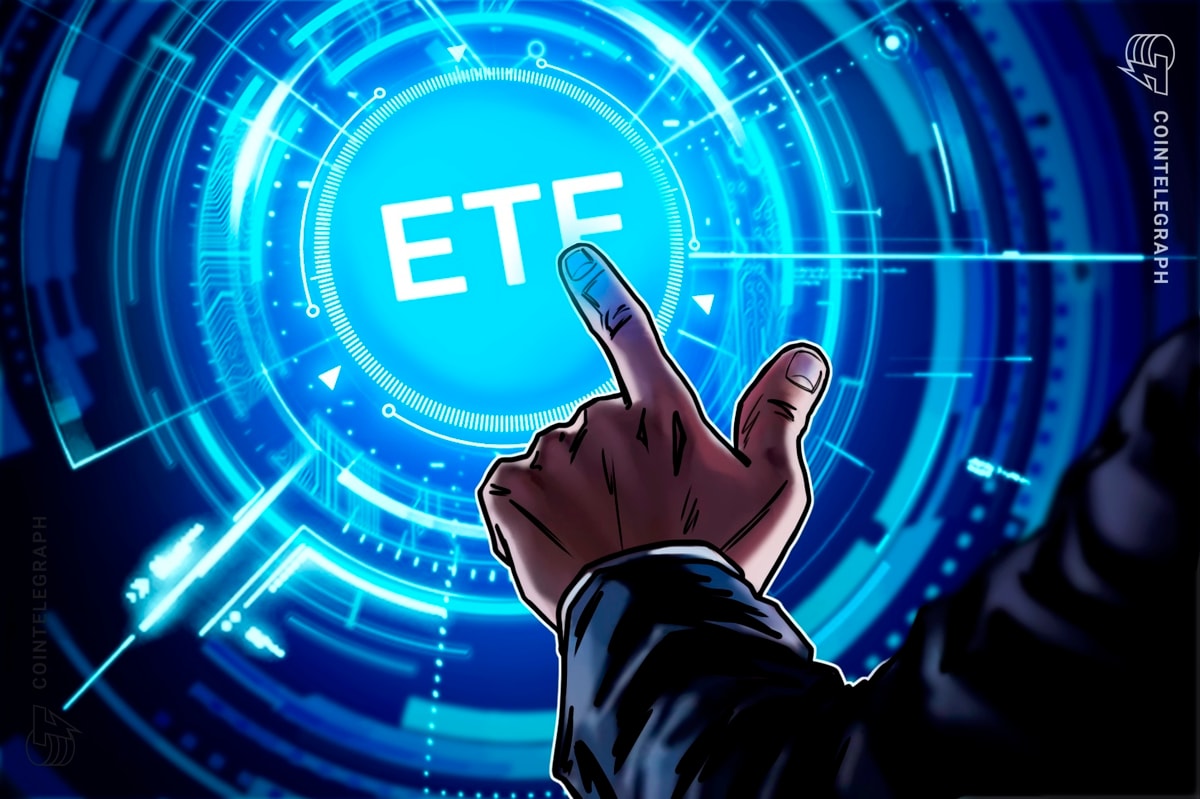
It’s been a wild couple of days for the team at Augur. Just 48 hours into their crowdsale, which launched at noon EST on August 17, they have raised in excess of 4200 BTC and 549000 ETH.
“Unfortunately, the ether and BTC price keep falling, so the buys can’t keep up with the (USD) price,” said Augur’s marketing director, Tony Sakich. Bitcoin has dropped from $253 USD to around the $232 mark since the Augur sale began.
It’s a remarkable feat for a company that has a somewhat esoteric product, built on Ethereum, arguably an as-yet unproven blockchain platform. Ethereum’s Frontier stage was released just last month, making Augur the first major platform to stake its claim there.
Augur is an open-source, decentralized prediction market. It uses “the wisdom of the crowd” to project and confirm the outcome of future events. People set up events and buy shares in the possible outcomes of those events. Once the event is concluded, the funds associated with shares of the correct outcome are distributed among the shareholders, the Augur Foundation, and the “oracles” — people who contributed to verifying the outcome of the event.
“Reputation” (REP) is the token that fuels the network; the more REP a user has, the more value or trust is assigned to that person’s input. After an event occurs, the consensus of Augur “oracles” defines its outcome. People who report truthfully earn REP tokens and are also awarded a portion of the winnings. People who report against the consensus (untruthfully) lose REP tokens and earn nothing.
Jeremy Gardner, Augur’s Director of Operations, told Bitcoin Magazine that the purpose of the Augur token sale is to distribute reputation tokens as widely as possible, not necessarily “to raise tens of millions of dollars,” thereby creating a decentralized and accurate network of oracles.
“The point is to create a distributed consensus maintained by reporters all over the world,” said Gardner. “It has been extraordinary to speak to folks from all over the globe looking to participate in our system. Hundreds of individuals have already bought in, guaranteeing a robust, global consensus network. Whether we raise a million dollars or 10, what we want is thousands of unique participants, each willing to help maintain this truly revolutionary system.”
Thus far, the distribution of Augur accounts seems to be meeting that goal. More than 2,400 accounts have been created on the Augur crowdsale site with approximately 1,000 users already buying in. The global distribution of those accounts, according to Augur’s data, is widespread, although higher concentrations of activity seem to be in the United States, along with Brazil, Italy, China, and Japan.
Distribution of Augur accounts worldwide – courtesy of Augur
Spreading the Word
In a conversation with Bitcoin Magazine, Sakich discussed some of the factors that have contributed to Augur’s initial appeal.
He emphasized the company’s commitment to making Augur approachable and easy to understand. They developed an entertaining animated explanatory video(featuring the voice-over talents of country star Shooter Jennings) and a user-friendly platform.
“Our platform will be designed so the user will be able to create a market and place wagers on it without even knowing about what’s going on “in the background” of the app,” said Sakich. “More than a few participants in the REP crowdsale have been impressed by how simple it has been to generate an Ether address via our sale site and purchase Reputation Tokens with bitcoin.”
Augur has also invested a lot of time and energy over the past few months spreading the word both within and outside of the Bitcoin community — with a good measure of success. Gardner admits he’s probably been to “about two dozen” events and conferences, promoting the platform in the months leading up to the crowdsale.
Augur also was a finalist in the CNBC & Singularity University’s Exponential Finance XCS Challenge — the only blockchain-related technology to make it that far. According to Sakich, the applications committee was so impressed by the technology that “they decided to put us in the ‘Breakthrough Technology’ category rather than ‘Finance.’”
Sakich pointed out that the most valuable part of being invited to the Exponential Finance conference was the opportunity to meet with “an amazingly influential and important list of attendees. …The interest we had was fantastic and it exposed us to many important people, which undoubtedly [has] helped the crowdsale performance.”
If early results of Augur’s reputation sale are any indication, the team seems to be well on that road to success










